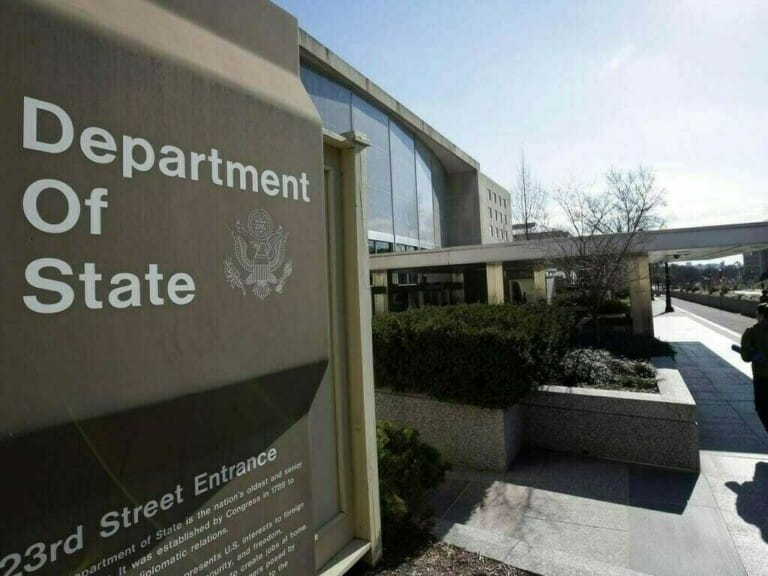In a landmark decision infused with geopolitical implications, the United States has finalized a formidable $23 billion agreement to deliver a fleet of F-16 warplanes to Turkiye. This approval punctuates months of intricate discussions, closely tied to the expansion of the North Atlantic Treaty Organization (NATO) amid escalating tensions in Eastern Europe.
The transaction is multifaceted, not only encompassing 40 new F-16 jets for Turkiye but also upgrading their existing arsenal of 79 aircraft. The timing of the deal is particularly significant, as it directly followed Turkiye’s parliamentary ratification of Sweden’s NATO membership, a critical development for the alliance’s solidarity in view of Russia’s ongoing military activities in Ukraine.
The approval process was intricate, with the State Department taking the final step to notify Congress as mandated by U.S. law. This move was strategically delayed until Turkiye deposited its instruments of ratification for Sweden’s NATO bid in Washington, underscoring the delicacy of international defense negotiations.
While the focus has been on Turkiye’s deal, another major arms agreement was concurrently enacted – the $8.6 billion Greek PM Cheers US Greenlight for F-35 Jet Acquisition. This not only reaffirms the depth of Greece’s partnership with the United States but also speaks to the intricate balance Washington maintains within the NATO alliance.
Behind these deals lies a web of diplomatic engagement, with U.S. Secretary of State Antony Blinken spearheading discussions. Blinken’s message was unequivocal: the delivery of F-16 jets to Turkiye was contingent on Turkiye’s cooperation with Sweden’s NATO accession. This conditionality illustrates the high stakes of defense diplomacy and the U.S. commitment to NATO’s cohesion.
The agreements arrive at a momentous juncture for Turkiye, which has sought to rejuvenate its air force capabilities following its 2019 exclusion from the F-35 program. That exclusion was a repercussion of its procurement of a Russian missile defense system, a move that created a chasm between Ankara and its NATO allies.
Now, with Turkiye’s assent to Sweden’s NATO membership, only Hungary remains as the final checkpoint in a process that is reshaping NATO’s boundaries. This expansion, initially triggered by Russia’s aggression in Ukraine, signals a broader shift in the alliance’s strategy and unity.
As NATO Secretary-General Jens Stoltenberg prepares to visit Washington ahead of a landmark summit celebrating 75 years of the trans-Atlantic alliance, these defense contracts serve as a testament to the complex interplay of diplomacy, security, and alliance politics on the international stage. The timely approval of these strategic defense sales not only strengthens NATO’s military capabilities but also reinforces the United States’ commitment to the collective security of its allies. As the ink dries on these deals, the implications for regional and global security architectures are profound, with eyes now firmly set on the upcoming NATO ministerial meetings in Brussels. Aljazeera report here.
Tags: #USDefenseDeal #NATOExpansion #F16SaleToTurkey #SwedenNATOMembership #GeopoliticalStrategy
What’s your take on this? Let’s know about your thoughts in the comments below!












